
Date: 17 March 2025
The European Commission (EC) has published an Industrial Action Plan to support the European automotive sector. This initiative aims to enhance the sector’s competitiveness and resilience while ensuring long-term sustainability.
Glass for Europe welcomes the willingness to strengthen the European automotive sector and the specific provisions related to parts production. High-quality EU automotive glass is a critical component for vehicle safety and sustainability and needs to rely on a robust and fair EU automotive market. Elements relating to strengthening the parts supply chain are of special importance as these could directly impact the automotive glass value chain.
Under the competitiveness and supply chain resilience pillar, the EC wants to promote joint private sector investments in upstream value chains to give the automotive supply chain access to “de-risked” and lower-cost materials.
Furthermore, the plan outlines that public support for the automotive industry may be tied to resilience and sustainability criteria under the forthcoming Industrial Decarbonisation Accelerator Act, expected to be published at the end of 2025. This move could boost European vehicle component production.
The EC also renews its commitment to maintaining a level playing field for European suppliers by leveraging trade defence instruments to address unfair practices in the automotive sector. In parallel, negotiations for free trade agreements (FTAs) to improve market access and sourcing opportunities for EU-based manufacturers will continue.
Finally, the action plan also includes provisions on clean mobility, with proposed amendments to CO2 emission standards allowing flexibility in meeting targets between 2025 and 2027 for vehicle manufacturers. On the same topic, the EC plan to accelerate the review of CO2 emission standards legislation, which could lead to discussions on the timing of the phase-out of non-zero emission vehicles.
 600450
600450


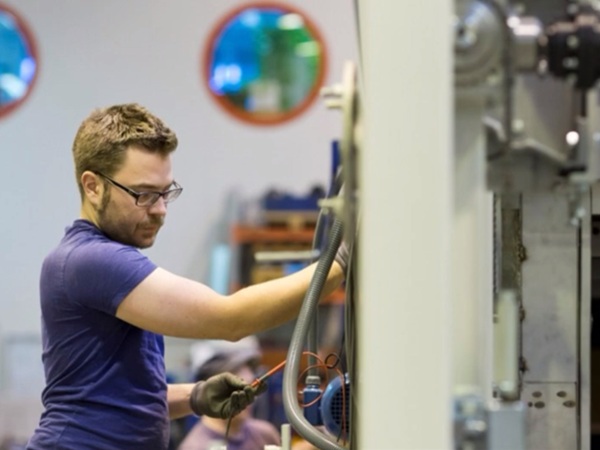
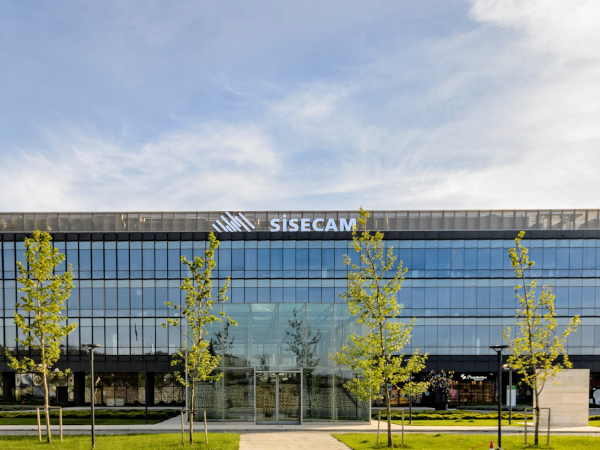

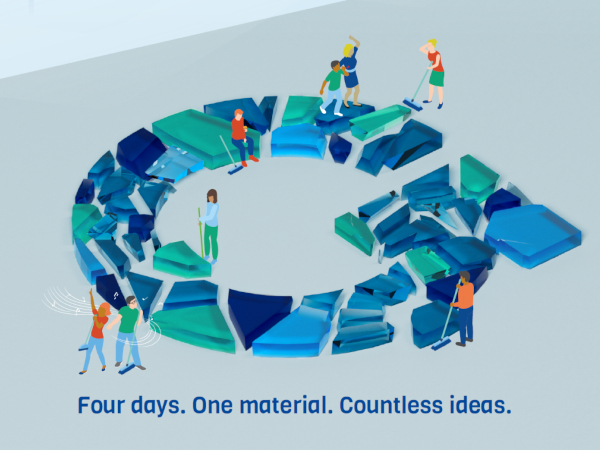
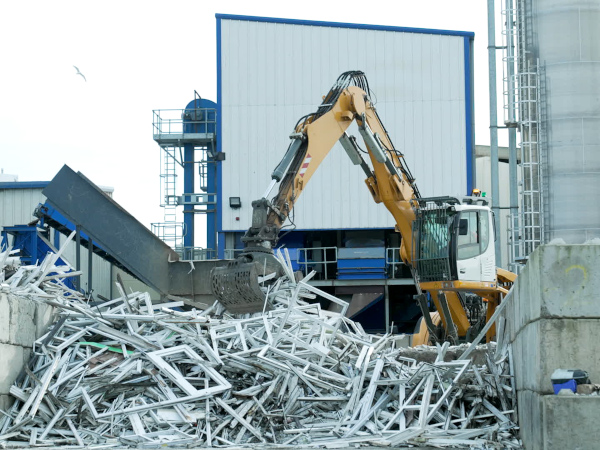





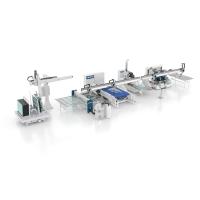


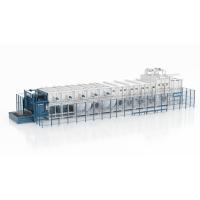
Add new comment